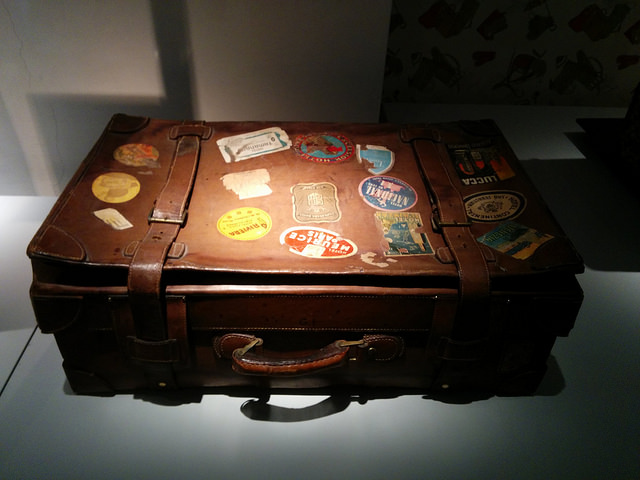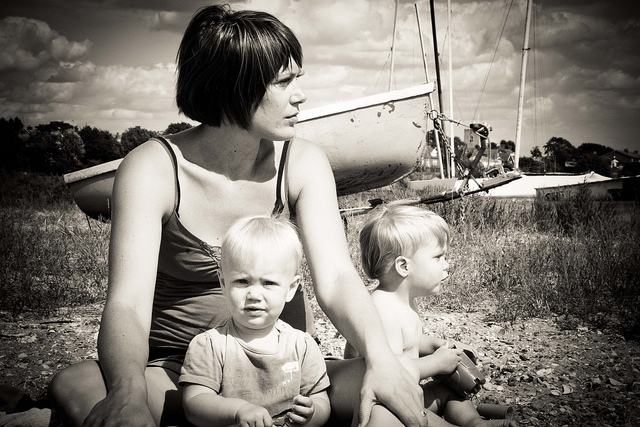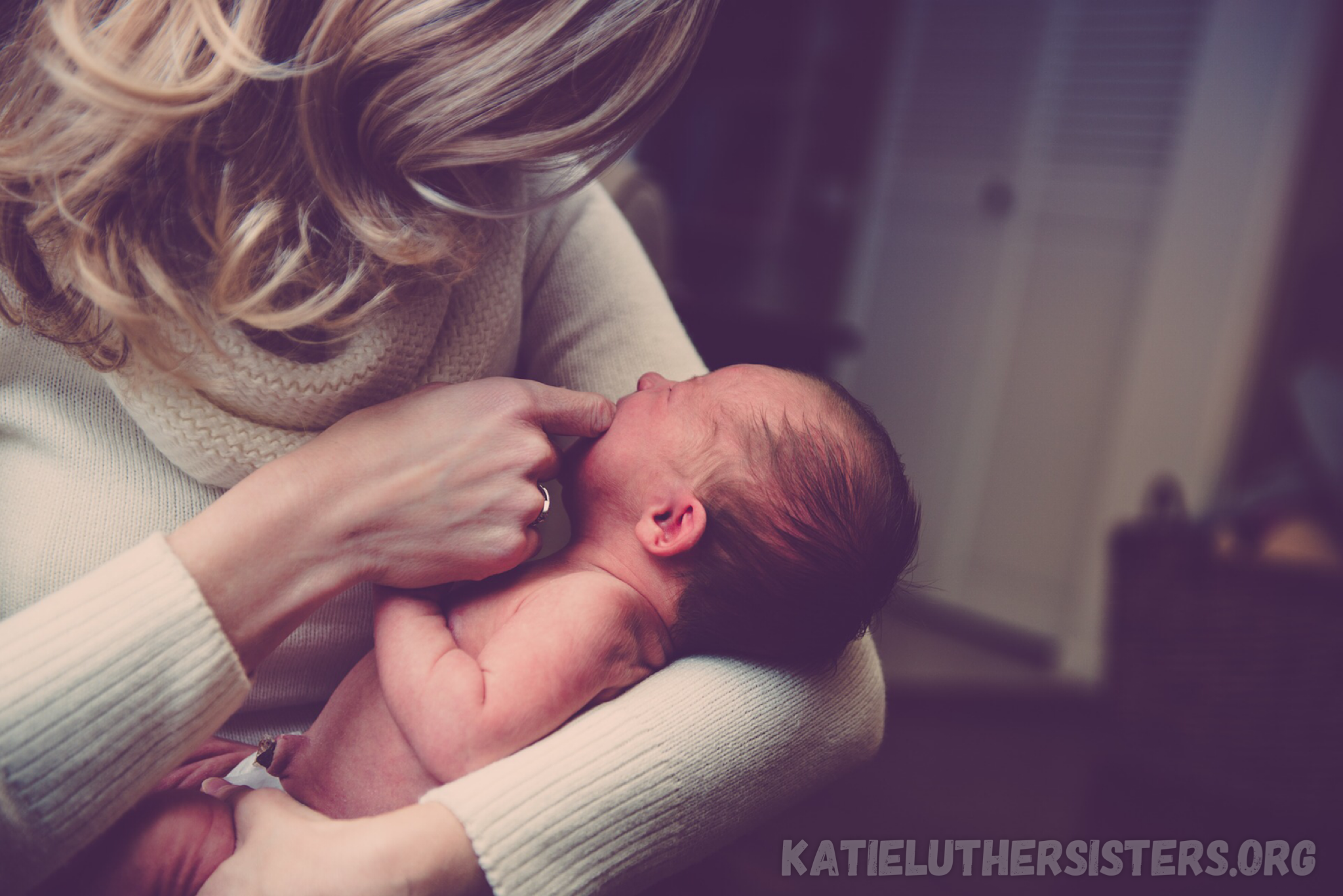The Images in My Mind
By Anonymous
(Editor’s note– because of the incredibly personal and sensitive nature of this post, I’m going to be watching comments closely. Please be loving with our sister.)
Pornography harms women. It devalues them and transforms them into tools for man’s desire and lust. It strips women of their dignity and teaches men to manipulate, control, and then throw away, rather than love, protect, and care for them. This is all true, but this only scratches the surface of the harm pornography inflicts upon women. We seem to be blind to those women who bear the pain and scars — not from being offended by the material or from enduring abuse or neglect at the hand of those who became addicted to it — but from being consumers themselves.
I am one of those former consumers, struggling to find healing and to leave my past sins behind me. It has been many years since I walked away from it all, but the images plague my mind. So many stories and graphic scenes are so burned into my memory they haunt me even ten or fifteen years later. And there seems to be no escape.
They say men are the visually-driven, and women aren’t. But for those women in the supposed minority who are, as I am, a past littered with a pornography habit doesn’t merely disappear when you stop pressing play on the videos or cracking open some erotic reading.
I don’t know the statistics, and to be honest, I don’t have the stomach nor the desire to look them up. Instead I speak from my experience alone. We like to see women as merely victims, thrown into the industry out of desperation or trickery or something, but the vast majority of women I knew in college were as much users and consumers of pornography as any of the men we knew. Perhaps more so. It was not uncommon to walk into the suite after class in the middle of the afternoon and hear the moans and groans coming from a roommate’s closed bedroom door. That was a standard Tuesday, actually.
While pornography wasn’t quite mainstream, it certainly didn’t seem much like a taboo, either. Just look at the episodes of Friends where pornography is so lightly regarded as normal, encouraged even — whether it’s the episode with Rachel’s book or the one where Monica and Chandler are scarred by the birth video. Or more recently look at how many women fell over themselves for erotica with Fifty Shades of whatever.
Eventually I came to realize all the lies the world had been telling me about the need to “spice things up” and “keep romance alive”. It dawned on me — however stupid it sounds now — that just because it was accepted and expected, didn’t make it okay and right. But despite my escaping the habit and lifestyle, I couldn’t escape the images I’d seen so often.
And sometimes I didn’t want to.
On nights when I wanted to be a good wife, to answer my husband’s needs, the only way to turn off the to-do list in my head or get past whatever random thought-train was derailing the mood, I knew a quick jaunt down my pornography memory lane would help. And it did. Until the shame set in. Then it became a silent battle in my mind over the images I felt I needed and the shame and guilt I felt because I knew it was wrong. Above it all I worried what my husband would think of me if he could see my thoughts, if he knew he wasn’t enough, if he knew I relied on past visual aids.
One night, though, in the safety of the dark and my husband’s arms, I told him what I was battling. He knew my past, but he had never known how it still plagued me or how I still fought it on an almost daily basis. We were able to talk about our individual struggles with images we couldn’t shake no matter how much we wanted to. And though that one talk didn’t fix the problem completely, it helped lift the shame and guilt when I stopped hiding my sin from my husband and discovered he not only still loved me and respected me, but he understood and sympathized.
My next step is to seek private confession with my pastor, but I haven’t found the courage to do so yet. Some day I will, and I know he won’t be shocked, nor will he look down on me or see me as any less of a person, but for now I’m just not ready. In the meantime I’m thankful for the blessing of forgiveness in Christ Jesus given to me each week in the Word and at the altar, for the blessed gift of a spouse who listens and leads, and for the community here which allows me to share all of this in a way that honors the privacy of my husband, myself, and our family.
Pornography is a tough sin to talk about. It’s that evil, that sin we may give time to here or there, agreeing it is evil and horrible. Yet we quickly change the subject to talk about sins that are, perhaps, more comfortable and easier to address. Perhaps this all hits too close to home — for both clergy and laity. But that’s all the more reason to pull it out into the open and address it head on.
For our brothers and sisters, for men and women alike, for all those struggling against pornography’s temptation and hoping for the subsequent scars to be healed, let us pray.
Photo Credit to Neal Fowler. Creative Commons license.




4 Comments
Diane
We all have secret sins. When we’re honest with ourselves, we know what they are and a Christian struggles with them. Going to one’s pastor to confess them is a very courageous thing to do. From my experience over the years, there are very few Lutheran pastors/congregations that post specific times for private confession. I truly wish this was stressed more at the seminaries, so that the laity wouldn’t have to make the phone call. When the burden is placed on the laity to schedule an ‘appointment’ for private confession, more often than not, they won’t make the call.
In Christ,
Diane
Rev. Haugen
@Diane #1
I can’t speak for both seminaries, having only attended one, but I can say that it was stressed at mine. As is the case in those (too few) congregations where there are set times for Private Confession and Absolution, however, stressing it or encouraging it or offering it does not mean that people–including seminarians and pastors, unfortunately–will actually take advantage of it…or incorporate it into their regular living. This, of course, does not excuse pastors from this responsibility. But it is very difficult to follow through with such a responsibility when you yourself do not practice it. This is particularly the case when offering it is a constant (and needed, albeit unpleasant!) reminder of your own failure in this regard. That said, you are absolutely correct when you observe that this needs to (continue to be) stressed at the seminaries. You are also correct when you say that all of our congregations should offer it and have it as a regular and readily accessible part of their lives, at least in part as an aid to our people who are burdened and wish they could avail themselves of this good gift of God.
--helen
@Diane #1
When the burden is placed on the laity to schedule an ‘appointment’ for private confession, more often than not, they won’t make the call.
We learned about private confession in confirmation; it was never mentioned again. You didn’t know anyone who went to the Pastor with their problems. Quite otherwise; you wanted him to think well of you!
Only in the last couple of decades have [younger] Pastors begun to stress private confession. It’s hard to change! And Pastors are, somehow, a lot busier these days. So you postpone telling even small things and they don’t get told.
Jeanne Denison
I suspect that this is a more common problem than most suspect. The good news is that Christ has taken away your sins and mine. Talk to your pastor so you can hear the good news from him. I’m 69, and believe me, I carry some baggage.